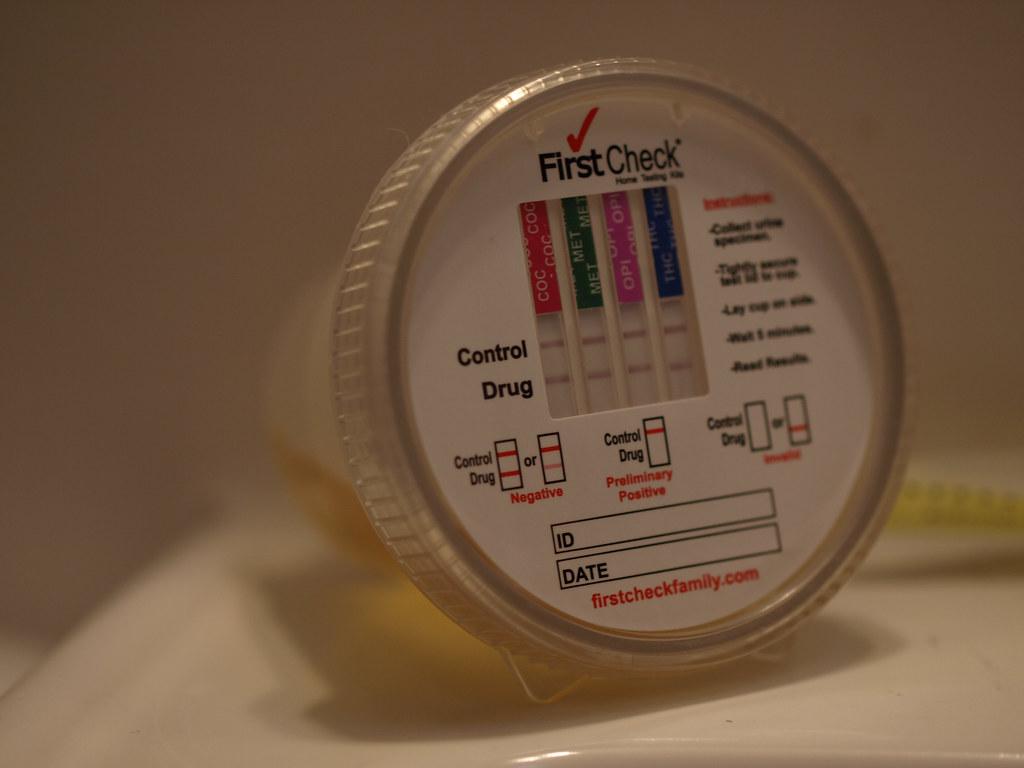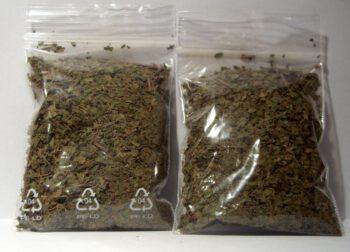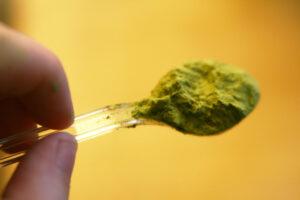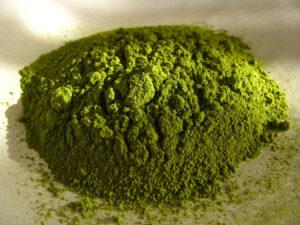Is kratom tested for in drug tests in Germany?
Oops, you must have accidentally taken a sip of kratom and are now worried that it might affect your drug test, right? Don’t panic, we have all the important information about kratom and kratom drug tests for you here. Most conventional drug tests don’t specifically detect kratom, but there are special tests that can target it. The good news is that in most cases, kratom will not show up on a standard drug test. But if you know you need to take a test that also looks for kratom, it’s wise to keep that in mind.

Which drugs are usually tested for in Germany?
In Germany, drug tests generally look for various illegal substances as well as certain prescription drugs. The most common drugs that are searched for in tests include:
- Cannabis (THC)
- Cocaine
- Amphetamines (including methamphetamine)
- Opiates (such as heroin, morphine)
- Methamphetamine
- Ecstasy (MDMA)
- Benzodiazepines
- Phencyclidine (PCP)
- Barbiturates
- Prescription opioids (such as oxycodone, hydrocodone)
This list may vary depending on the specific requirements of the test or the purpose of the test. It is important to note that drug tests can be carried out in a variety of contexts, including workplace tests, traffic checks, sporting competitions and medical examinations. The range of substances tested for therefore largely depends on the reason for the test. For example, if a drug test is ordered on suspicion of cannabis use, a specific search is usually made for this substance. However, other common narcotics may also be searched for, but kratom does not fall into this category.

But beware: in specific cases, such as certain medical examinations or special workplace tests, a drug test may also be extended to kratom. It is important to note that the possibility of a kratom test depends on the specific guidelines of the test as well as the legal rules and regulations that apply in the region in question. So if it is clear before the test that kratom has been taken or the test has been ordered for this very reason, it may be searched for. However, these are specific exceptions and not the rule. In such cases, one should be aware that kratom may be detected.
Also interesting: Side effects of kratom
How is kratom tested for?
If a drug test is actually required to detect the ingestion of kratom, various methods can be used.
- Urine or blood tests: These tests can be used to detect kratom metabolites in urine or blood. However, most standard drug tests do not automatically cover kratom. However, specific tests that target kratom metabolites could be performed.
- Saliva tests: Saliva tests can also be used to detect the consumption of kratom. These tests are often quicker and easier to perform than urine or blood tests.
- Hair testing: Hair samples can be tested for kratom residue to detect long-term or regular use. However, these tests can be more expensive and require a longer turnaround time compared to other testing methods.
You can buy a kratom drug test here
Conclusion
Overall, kratom is unlikely to show up on a conventional drug test, as most standard tests do not specifically target it. However, there are special tests that do target it. In Germany, drug tests usually look for a variety of illegal substances and prescription drugs, but kratom is not usually one of them. The possibility of a kratom test depends on the specific requirements of the test and the applicable legal regulations. However, it is important to note that in certain cases, such as medical examinations or specific workplace tests, kratom may be detectable. The most common test methods for kratom detection are urine, blood, saliva and hair tests.











